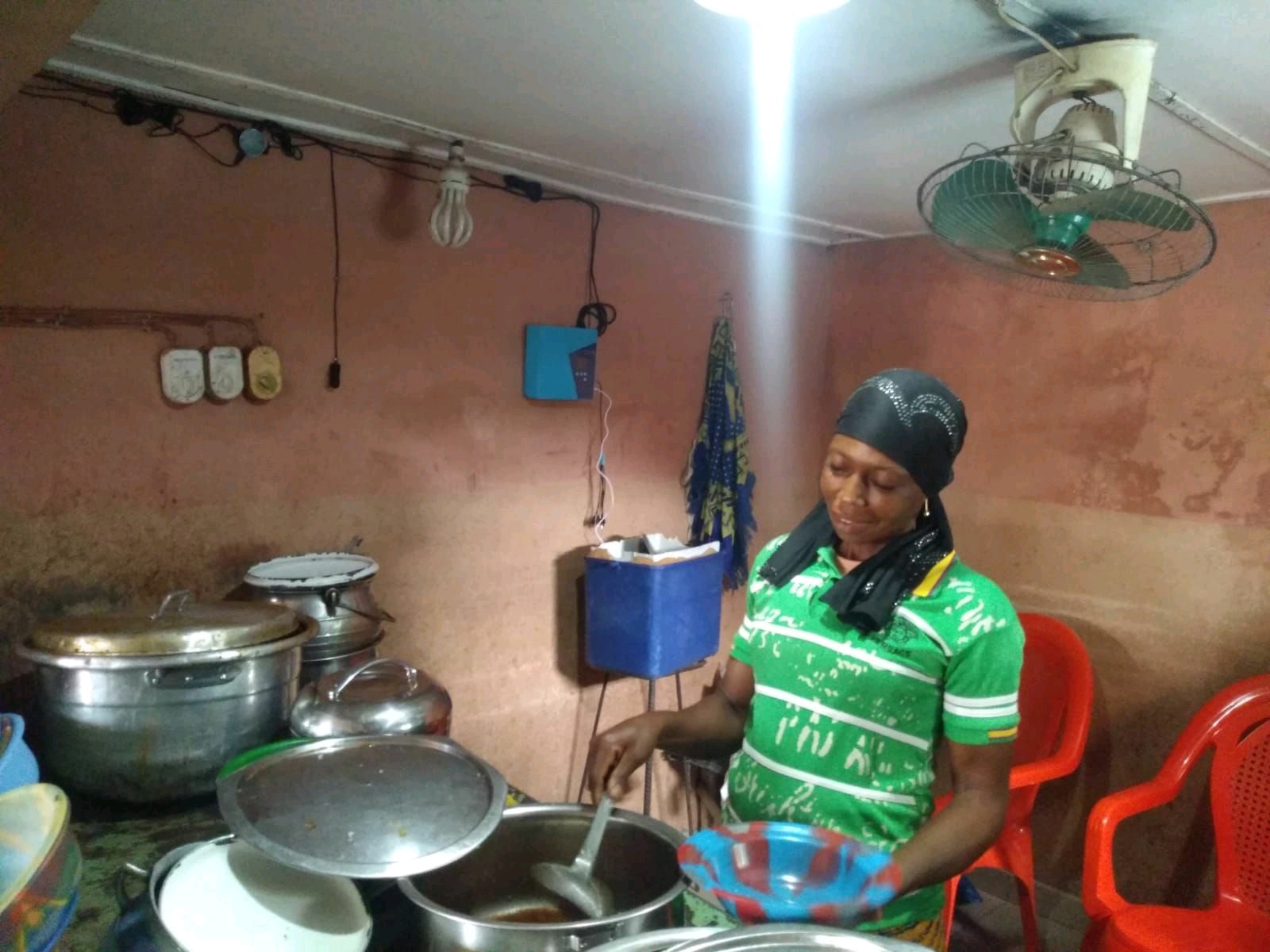While Africa constitutes 17% of the world’s population, it only accounts for 6% of global primary energy consumption, according to 2018 data from the International Energy Agency (IEA). However, the continent is recording an ever-greater demand for energy, to support continued growth for more than two decades, interrupted only by the Covid-19 pandemic.
To date, nearly 600 million Africans do not have access to electricity and one billion of them have no other alternative than traditional fuels such as wood and charcoal for cooking. In the G5 Sahel countries (Mali, Burkina Faso, Niger, Chad and Mauritania), of the 80 million inhabitants, 60 million live without electricity and are lit with kerosene or dry batteries.
The Sahel is one of the regions in the world with one of the lowest energy access rates at 26%, compared to 47% in sub-Saharan Africa, according to the World Bank. Energy inequalities can be measured at the global, regional and local levels. In fact, African rural areas remains plunged into darkness. In the “land of upright men”, only 5% of the rural population have access to electricity (compared to 18% nationally).
The Sahel Alliance, which was created in 2017,to support regional development and stability through several projects (particularly energy), aims to double the rate of access to energy between 2017 and 2022. To support this objective, Burkina Faso can rely on its institutional partners. The country also uses public-private partnerships (PPP), investors and manufacturers, as is now the case with the long-standing agro-industrial partner Advens Géocoton, which has been present in Burkina Faso for seven decades …
A French-British Deal
“We are already supporting 65,000 farms which support nearly 650,000 Burkinabes”, explains Karim Ait Talb, Deputy CEO of Advens Géocoton. The country has become the strategic center of the group’s activities in the sub-region. It will also open a new cotton ginning plant, for an amount of 15 million euros by the end of the year, in Ouargaye in the province of Koulpélogo.
To go further, the joint venture announced at the end of July by Bboxx and Advens Geocoton (at 50% each) has set itself the objective of providing clean energy to 2 million Burkinabes, at competitive prices. This project will create 500 local jobs. “These will not be precarious contracts. These will be contracts for salespeople, technicians, marketing specialists, call-center agents and logisticians,” explains Karim Ait Talb.
The partnership between Advens and Bboxx is based on a French joint venture (JV) which will own a Burkinabè company. The JV will offer 3 kit formulas including a solar panel, a battery, a management device connected to the cellular network, light bulbs, a telephone charger, a radio (or even a television and a fan, in addition). Eventually, additional services such as liquefied petroleum gas (LPG) cooking equipment or solar-powered water pumps will be available.
“We offer ‘pay as you go’ formulas in urban and peri-urban areas, and monthly flat rates of around $5 per user in rural areas,” explains Karim Ait Talb. The solution is not revolutionary, but it is the after-sales service offered by Bboxx that makes all the difference in the eyes of Advens Geocoton. “We supervise a fragile population of agricultural producers and we have been looking for a solution for a while to improve their access to energy. However, it is not enough to install kits, it is still necessary to ensure their maintenance. This is precisely what Bboxx offers us through its Pulse platform, which offers real customer support,” he explains.
Bboxx, the supplier of solar kits already operating in Rwanda, the Democratic Republic of Congo (DRC), Kenya, but also in Togo (through a partnership with EDF), will benefit from the establishment of the French agro-industrial operator in the sub-region, to develop its activities there.
“This market entry is the first in a series, and we have before us a pipeline of exciting activities as part of our mission to transform lives through access to energy,” said Mansoor Hamayun, CEO and co-founder of Bboxx.
Finally, solutions supported by the joint venture should be deployed in rural areas of other countries in West and Central Africa.

